Our research aims to advance treatment strategies for brain cancer.
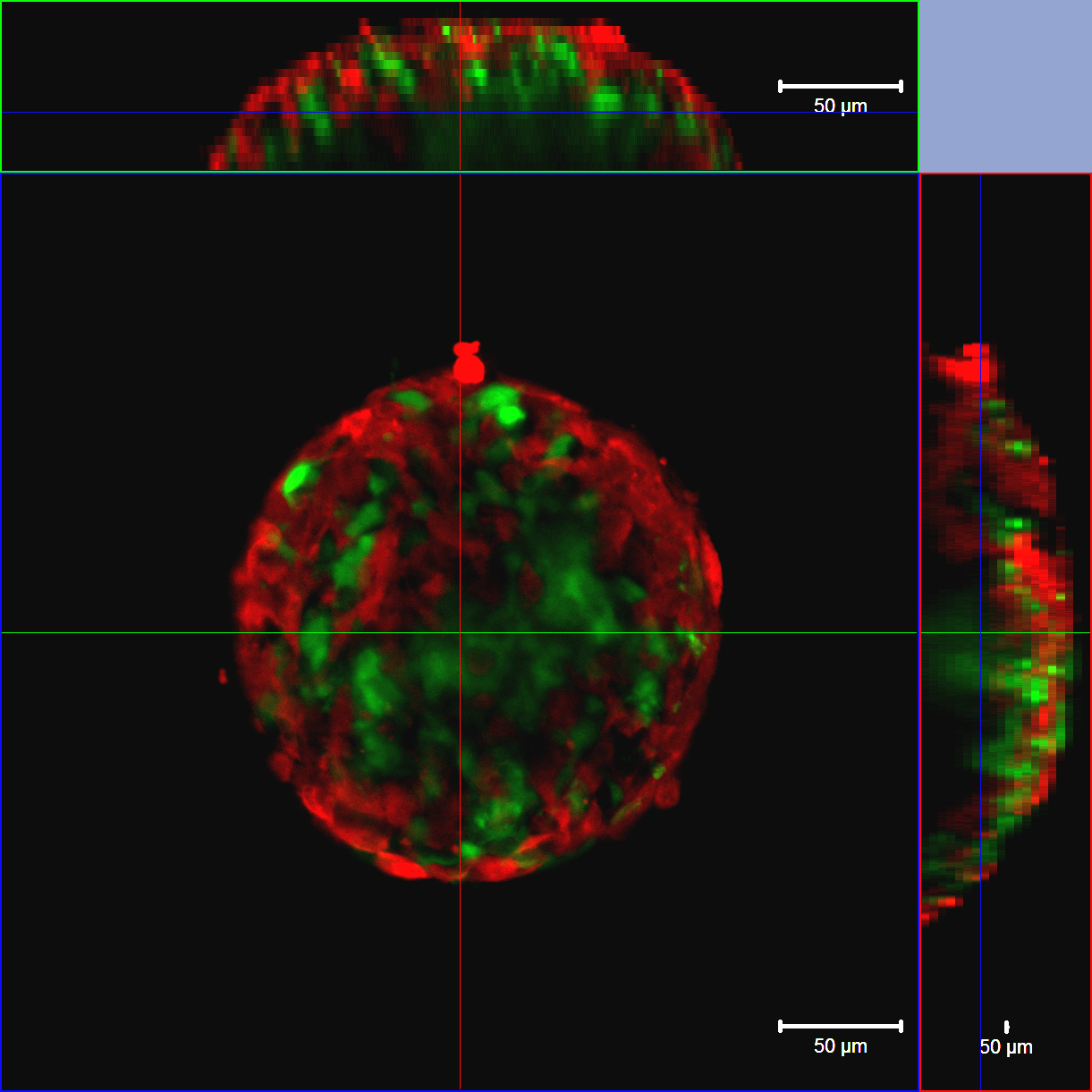
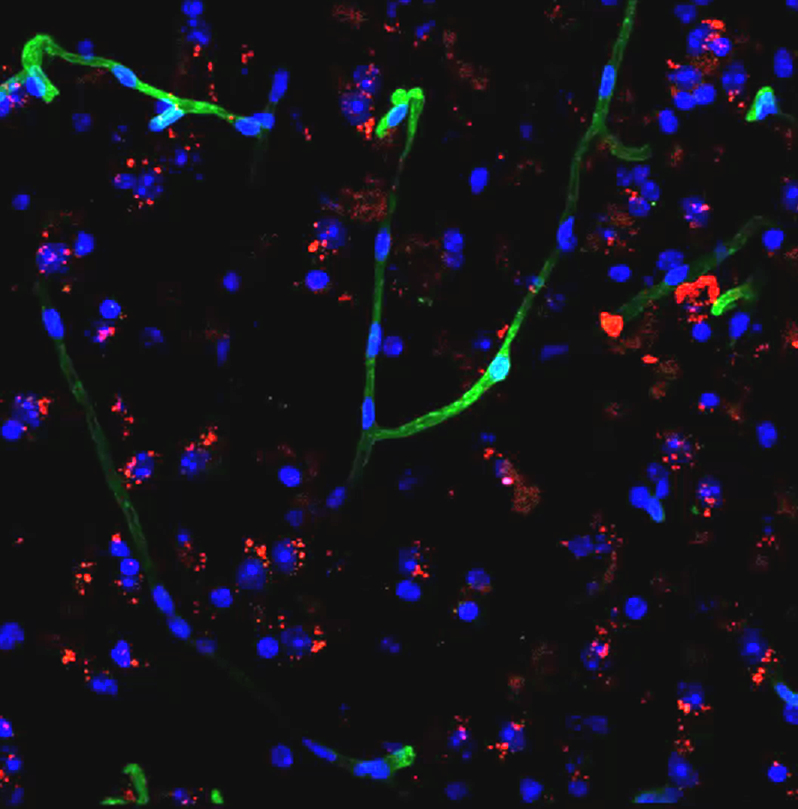
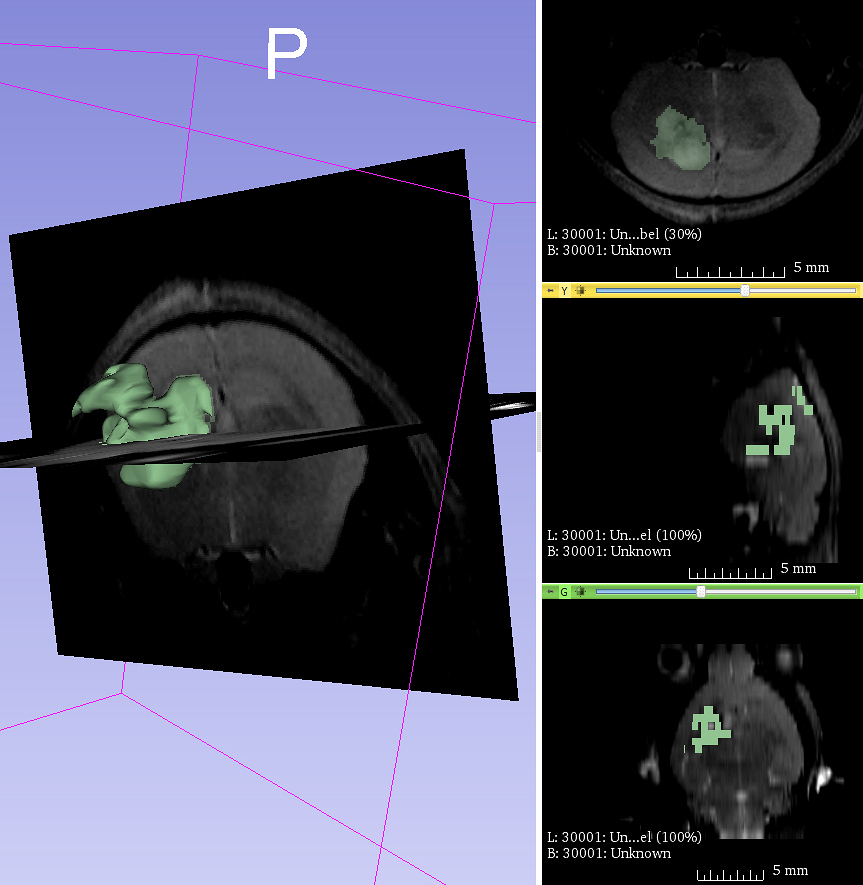
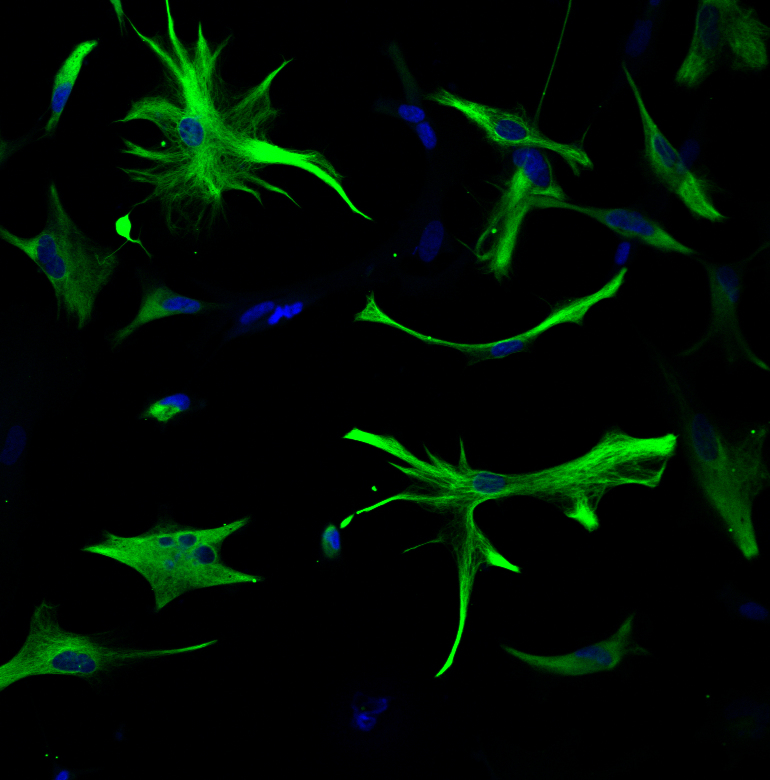
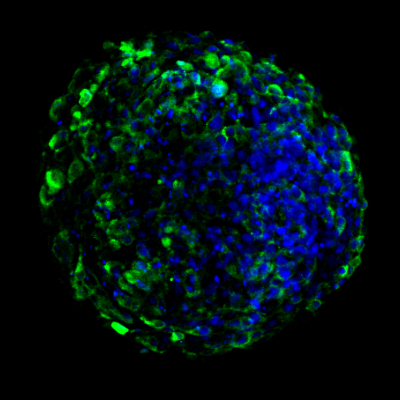
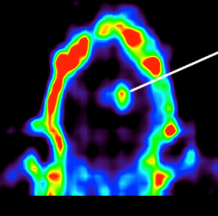
Therapy
A major roadblock that contributes to the lack of success in brain cancer therapeutics is that most commonly-used anti-cancer drugs are not able to cross the blood-brain barrier (BBB), the brain’s blood vessel system which protects the brain from foreign substances in the bloodstream. Additionally, toxic chemotherapeutics can also be harmful to healthy tissues. Our team is designing and engineering new therapeutics that can specifically recognize tumor cells and enable delivery of high toxic payload directly to the tumor site without affecting healthy tissues. Through this, we aim to facilitate the development of new targeted therapies that are much needed in neuro-oncology to achieve enhancement of treatment efficacy while minimizing toxicity in patients.
Imaging
A neuroimaging approach that can discriminate between tumor vs. normal cells would allow surgeons to delineate tumor margin from surrounding brain, as well as enable oncologists to accurately assess tumor progression to improve long-term management and treatment of malignant brain tumors. We are developing brain tumor-targeting radiotracers for non-invasive imaging and monitoring of brain tumors using positron emission tomography (PET), with the aim to ultimately benefit patient care.
Blood-brain-barrier (BBB) modeling
Our lab has pioneered a human organoid model to mimic the blood-brain-barrier in culture as a platform for high-throughput screening and analysis of brain-penetrant therapeutics. We will continue employing these tools to design new anti-brain cancer drugs with improved brain delivery and tumor specificity.
